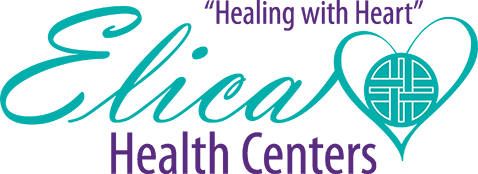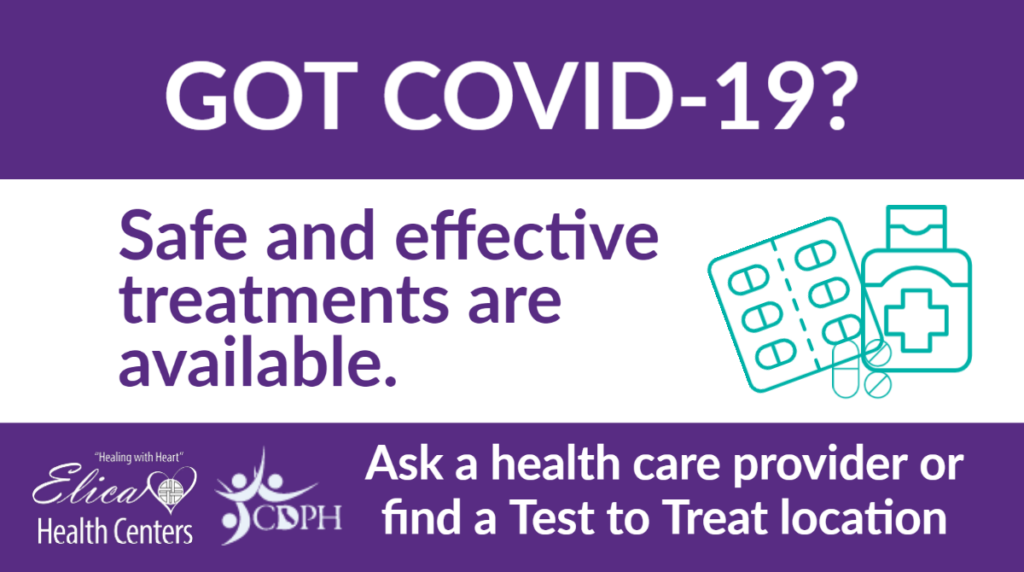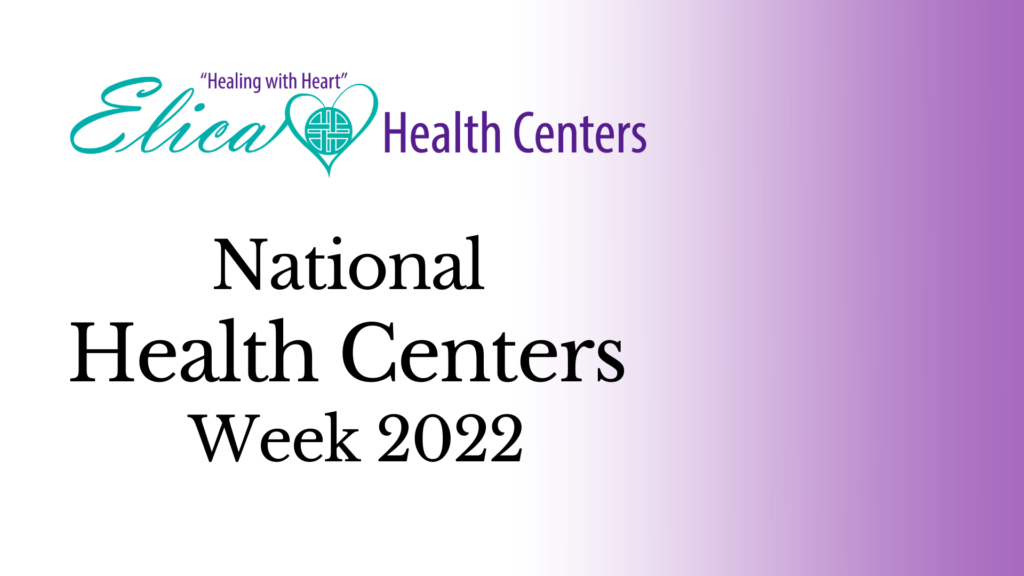Jimmie’s Story, continued
Stay involved in your health - sign up for our online portal!
“It’s so hard to come back from being homeless — people give up. It made a huge difference that the Pathways team kept talking to me.”
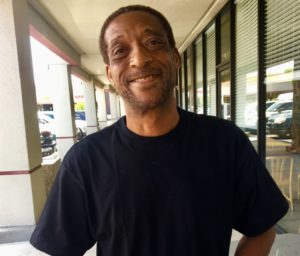
Jimmie is a diabetic and part of his other foot had already been removed due to complications from the disease. Based on his previous experience, he suspected that his infected toe would need to be amputated and he was scared. Even though he knew the infection could potentially kill him, he was reticent to seek help because it would mean leaving Congo behind.
“Congo is my everything,” he explained, choking up. “He’s like my baby — I’ve had him since he was four weeks old. He’s totally dependent on me and I didn’t want to leave him alone.”
A current Pathways client and former guest at the City’s Rehousing Shelter on Railroad Drive, Jimmie has a quiet voice and gentle eyes that light up when he smiles. He walks with a slight limp, relying on a cane. Three years ago, following a series of tragedies and setbacks, he found himself homeless. His mother had passed away in 2015 and shortly thereafter he lost his home in a fire. The fire not only destroyed his home and belongings, but his livelihood as well.
Not wanting to burden friends and family, Jimmie lived out of his car at first but he soon found himself and Congo on the streets. Through the Winter Sanctuary overflow program, he connected with Abram Nunn, a Physician’s Assistant with Elica Health Centers, a local community health center and Pathways “Hub” provider. Abram quickly connected him with Pathways where he connected with his multidisciplinary Pathways Team comprised of specialists from Elica Health Centers, Sacramento Covered, and Sacramento Self-Help Housing and was then referred to the City’s Rehousing Shelter.
The City shelter’s low-barrier policy allowing pets was key in convincing Jimmie to get help. “I wouldn’t have gone to the shelter if they hadn’t accepted dogs,” Jimmie explained. Once in the shelter, Elica Health Center’s Pathways team checked in with Jimmie every week, building his trust and slowly convincing him to get his foot taken of care. “Abram was hurting that I wouldn’t go to the hospital. He asked me, ‘What would happen to Congo if you died?’ That’s what convinced me to get it taken care of.”
In January 2019, Jimmie made the choice to have his foot examined. The Pathways team jumped into action. Elica Health Centers connected him with a podiatrist and arranged for his surgery. The City’s Front Street Animal Shelter agreed to safely kennel Congo while Jimmie was hospitalized and in post-acute rehabilitation. Jimmie’s housing specialist with Sacramento Self-Help Housing connected him with a Housing Choice Voucher and found him a temporary apartment to recuperate in.
At the same time, Jimmie’s clinical care coordinators with Elica Health Centers, Matthew Henson and Tiffany Lan, made sure that all of his ongoing health care needs were taken care of. They helped Jimmie resolve insurance issues, worked with the rehabilitation facility to allow him to be released early so that he was able to sign his lease and secure his apartment, and coordinated a home health nurse to provide in-home care following the surgery. They also made sure that he received needed physical and occupational therapy, and connected him with the tools and information to access transportation for his medical appointments through his coverage.
“It used to take five to six hours just to go to the doctor using City transit,” he explained. “Now my insurance is straight and the medical van comes and picks me up. I can make those appointments myself.”
Since his surgery in January, Jimmie has made a full recovery. His diabetes is under control and he no longer has to take insulin. And despite having parts of both feet amputated, he is able to walk and ride a bike. His goal is to get back to work and live simply. “I don’t need a big house and white picket fence,” he said. “Just a simple life and some peace.”
“When you see people who are homeless, you never think that overnight that could be you.” Jimmie shared. “It’s so hard to come back from being homeless— people give up. It made a huge difference that the Pathways team kept talking to me.”
Read our Updates
Our Locations
Our Services
Awards and Recognition
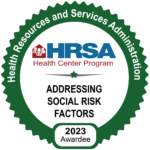
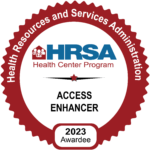
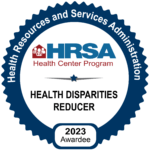
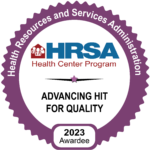


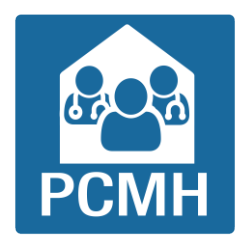
Copyright © 2024 | Elica Health Centers
